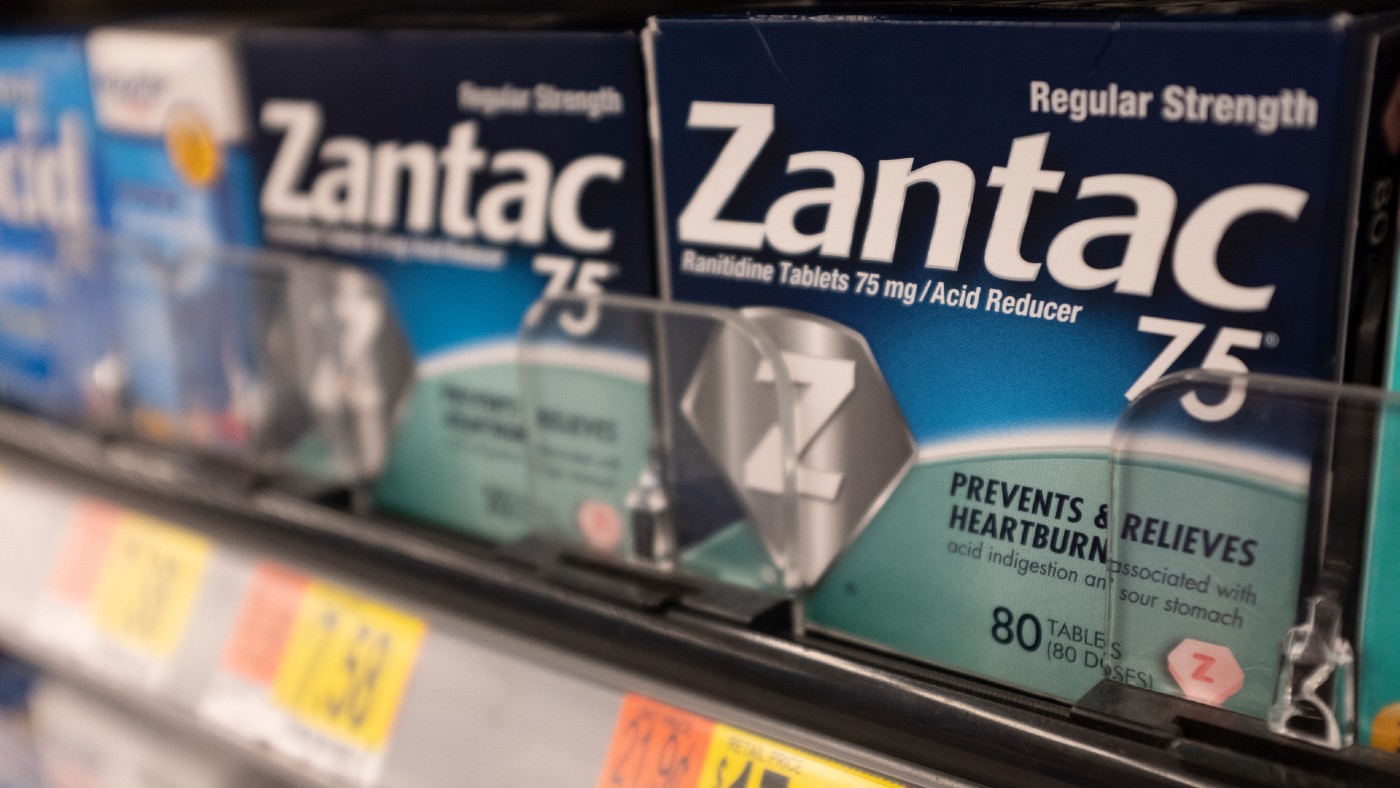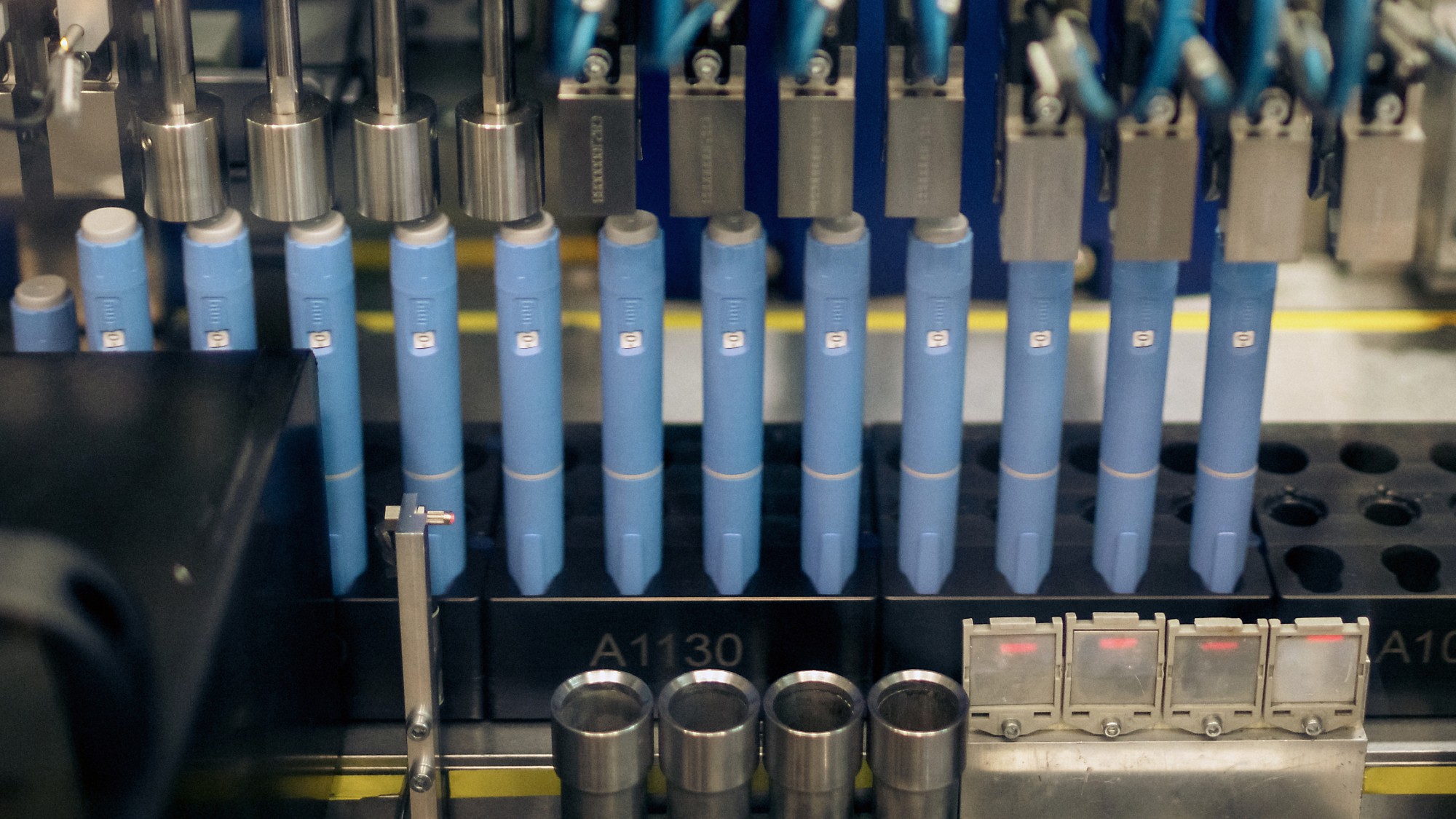Sanofi/GSK/Haleon: cancer fears prove hard to stomach
Shares of GlaxoSmithKline, Sanofi and the new GSK spin-off, Haleon, all fell sharply last week

A free daily email with the biggest news stories of the day – and the best features from TheWeek.com
You are now subscribed
Your newsletter sign-up was successful
Stress causes “ulcers and heartburn”, said Lex in the FT. “Now the treatment of these afflictions is causing anxiety for investors.”
Shares of GlaxoSmithKline, Sanofi and the new GSK spin-off, Haleon, all fell sharply last week – shedding tens of billions of dollars – as investors took fright over the reported carcinogenic risk posed by the over-the-counter drug Zantac. Damages, if awarded, could be as high as $45bn, according to Morgan Stanley. And since rights of the over-the-counter version of Zantac have been transferred repeatedly, “it is unclear where any liabilities might sit”.
The issue of whether Zantac (the brand name for a drug called ranitidine) generates a probable carcinogen called NDMA has been building in the background for years, said Julianna Tatelbaum on CNBC: the drug was formally pulled from shelves in 2020, but legal proceedings have focused minds. The first of more than 2,000 cases begins in the US this month.
The Week
Escape your echo chamber. Get the facts behind the news, plus analysis from multiple perspectives.

Sign up for The Week's Free Newsletters
From our morning news briefing to a weekly Good News Newsletter, get the best of The Week delivered directly to your inbox.
From our morning news briefing to a weekly Good News Newsletter, get the best of The Week delivered directly to your inbox.
The pharmas believe their legal position is strong, said Fierce Pharma. “The overwhelming weight of the scientific evidence supports the conclusion that there is no increased cancer risk,” stated GSK. Even if that risk is demonstrated, it will be “tough” to prove that the companies “knew of the danger and failed to warn customers” before withdrawing Zantac.
The litigation creates an awkward situation for GSK and the recently floated Haleon, said Alistair Osborne in The Times. If liability becomes an issue, it could mean “an unseemly legal dust-up between two companies that were in the same group four weeks ago”.
Precedent suggests investors should certainly remain wary, said Lex. The Bayer/Roundup weedkiller saga – which ultimately cost the German pharma at least $16bn – “shows it is easy to draw a line under claims prematurely”.
A free daily email with the biggest news stories of the day – and the best features from TheWeek.com
-
 Political cartoons for February 14
Political cartoons for February 14Cartoons Saturday's political cartoons include a Valentine's grift, Hillary on the hook, and more
-
 Tourangelle-style pork with prunes recipe
Tourangelle-style pork with prunes recipeThe Week Recommends This traditional, rustic dish is a French classic
-
 The Epstein files: glimpses of a deeply disturbing world
The Epstein files: glimpses of a deeply disturbing worldIn the Spotlight Trove of released documents paint a picture of depravity and privilege in which men hold the cards, and women are powerless or peripheral
-
 Growing a brain in the lab
Growing a brain in the labFeature It's a tiny version of a developing human cerebral cortex
-
 The truth about vitamin supplements
The truth about vitamin supplementsThe Explainer UK industry worth £559 million but scientific evidence of health benefits is ‘complicated’
-
 Health: Will Kennedy dismantle U.S. immunization policy?
Health: Will Kennedy dismantle U.S. immunization policy?Feature ‘America’s vaccine playbook is being rewritten by people who don’t believe in them’
-
 Obesity drugs: Will Trump’s plan lower costs?
Obesity drugs: Will Trump’s plan lower costs?Feature Even $149 a month, the advertised price for a starting dose of a still-in-development GLP-1 pill on TrumpRx, will be too big a burden for the many Americans ‘struggling to afford groceries’
-
 Ultra-processed America
Ultra-processed AmericaFeature Highly processed foods make up most of our diet. Is that so bad?
-
 Covid-19 mRNA vaccines could help fight cancer
Covid-19 mRNA vaccines could help fight cancerUnder the radar They boost the immune system
-
 The quest to defy ageing
The quest to defy ageingThe Explainer Humanity has fantasised about finding the fountain of youth for millennia. How close are we now?
-
 The battle of the weight-loss drugs
The battle of the weight-loss drugsTalking Point Can Novo Nordisk and Eli Lilly regain their former stock market glory? A lot is riding on next year's pills